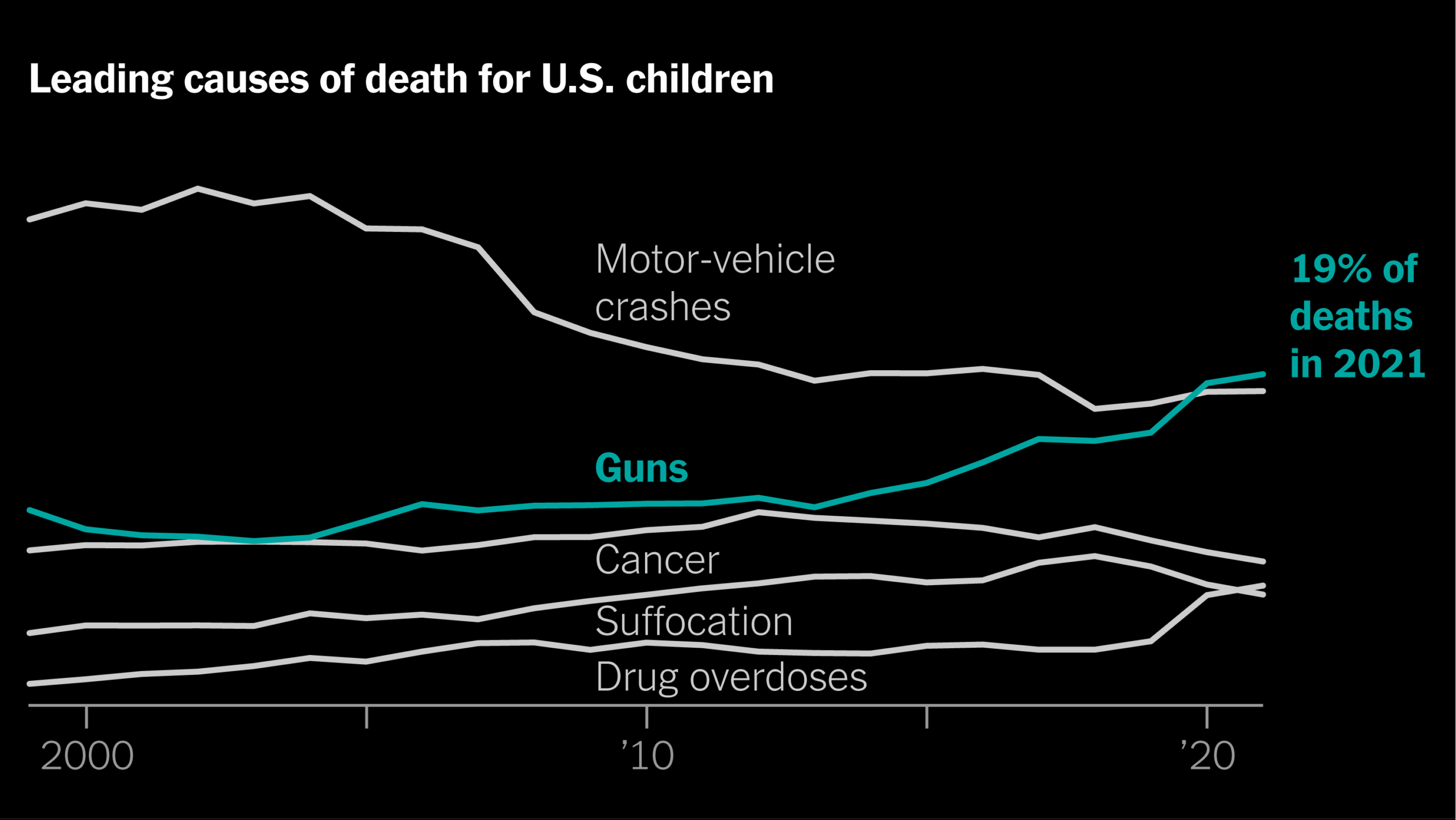In an age fraught with discord and rampant violence, the teachings of the Bahá’í Faith offer a roadmap towards understanding the root causes of such societal maladies. This perspective is particularly poignant regarding the pernicious relationship between men, guns, and the associated specter of violence, elucidating how these elements intertwine to disrupt both individual lives and communal harmony. The Bahá’í teachings implore humanity to coalesce around principles of unity, justice, and the sanctity of life, thereby challenging the very foundations of an increasingly violent world.
To comprehend the Bahá’í perspective on violence, one must first engage with the concept of the inherent nobility of the human spirit. Bahá’ís believe that each person is endowed with a divine essence—an intrinsic potential for goodness. This belief acts as a catalyst for transforming individual behavior; recognizing this divine quality can inspire a shift in how we perceive and treat others. The disregard for life often seen in acts of violence, such as gun-related incidents, stems from a disconnection from this divine potential. This is a foundational lapse in understanding that necessitates a thorough exploration of the circumstances that lead individuals down the path of violence.
The interplay between masculinity and violence is a focal point for inquiry. Societal norms have traditionally perpetuated an image of masculinity that equates strength with aggression. This toxic masculinity not only manifests in interpersonal relationships but also crystallizes into broader, systemic issues, including militarism and gun violence. The Bahá’í teachings advocate for a gender equity that transcends these archaic notions, positing peace as a central virtue for all, regardless of gender. The reimagining of masculinity—that embraces vulnerability, cooperation, and emotional intelligence—can significantly detach men from the chains of violence that have historically bound them.
Furthermore, the glorification of weapons often perpetuates a cycle of fear and retaliation. Gun culture finds its roots in the misguided belief that ownership of firearms is a means to attain security and power. Ironically, while such beliefs promise protection, they often exacerbate a climate of mistrust and insecurity. Bahá’í teachings encourage the promotion of disarmament and conflict resolution rather than escalatory measures. This paradigm shift can initiate a vital dialogue on community safety, steering societies away from a reliance on lethal force and towards constructive solutions grounded in understanding and compassion.
The spiritual dimension cannot be overlooked when investigating the phenomenon of violence. The act of inflicting harm upon others estranges individuals from their spiritual identities and leads to psychological disarray—what may be referred to as “murdered sleep.” This phrase encapsulates the disquietude that gnaws at the conscience of not only the perpetrator but also the surrounding community. Bahá’ís assert that the path to healing includes a collective prayer and meditation aimed at fostering compassion while simultanously striving for justice. This dual approach underscores that spiritual well-being and societal justice are intertwined and cannot function in isolation.
Acknowledging the dynamics of systemic violence is crucial, as it often masks the underlying grievances that fuel such issues. The Bahá’í ethos teaches that systemic injustices—rooted in economic inequality, racial discrimination, and social exclusion—are fertile grounds for violence. Hence, it becomes imperative for communities to engage in systemic reforms that prioritize human dignity and equality. A shift from a reactive stance towards one encompassing proactive social development has the potential to quell the violence that ravages societies and allows for genuine peace to flourish.
Moreover, the transformative power of education plays a pivotal role in eradicating the cycle of violence. Bahá’í principles emphasize the necessity for educational initiatives that deny individuals the justifications for violence. By informing both youth and adults about the consequences of violence and the importance of dialogue, a culture of peace can be instilled. Education, thus, functions as a powerful tool, illuminating pathways to empathy and understanding between disparate groups, ultimately rendering the violent act less appealing.
As we reflect on the factors that escalate violence—especially with the pervasive influence of firearms—it becomes clear that focusing on nurturing the innate capacities that lie within each individual can yield profound societal benefits. By shifting perspectives towards a holistic understanding of man’s relationship with weapons, we may pry open the doors to compassion and create frameworks for conflict resolution that are informed by empirical kindness rather than personal grievances or feigned strength.
The Bahá’í community stands as a testament to the possibility of living harmoniously in a world fraught with tensions. It embodies the teachings that advocate for love, justice, and peace, viewing every individual as a bearer of the light of divinity. The reflections on men, guns, and the disquietude of “murdered sleep” collectively hint at a deeper need—an urgent call to re-evaluate our choices and cultivate a culture that prioritizes mutual support over aggression. Only through such a transformation can humanity hope to eliminate the scourge of violence and embrace a future where peace reigns supreme.
